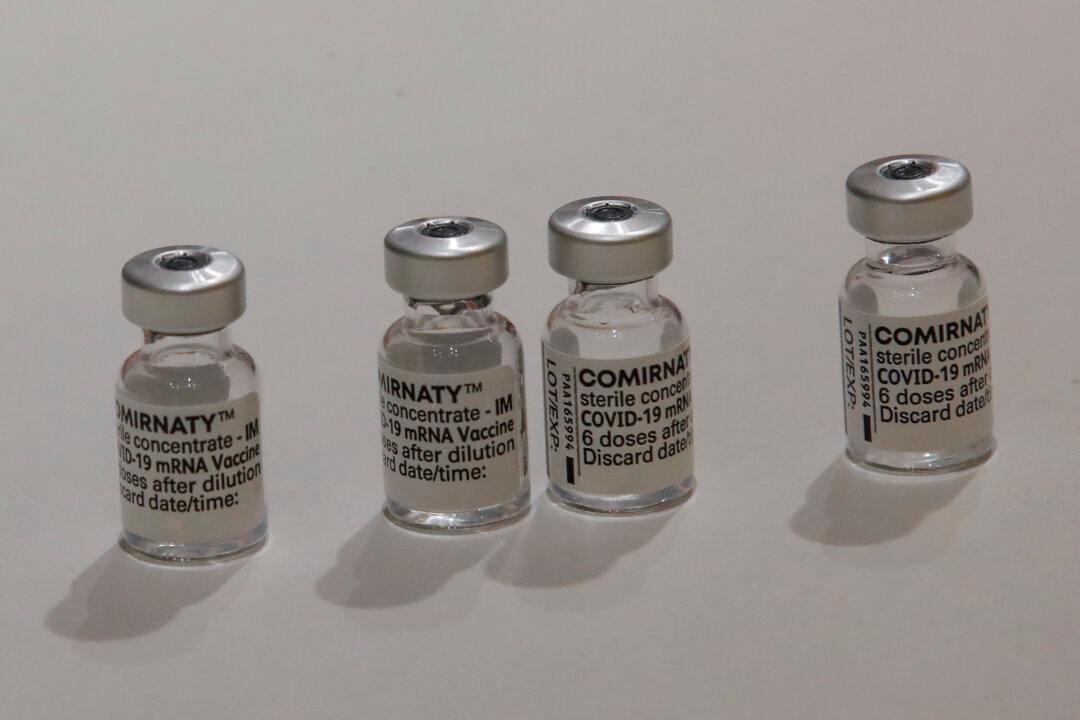The U.S. government’s decision to waive patent protections for COVID-19 vaccines is “self harm,” says an intellectual property (IP) lawyer. Canada is among those countries that have not announced support for the move, saying IP safeguards are not what’s preventing vaccine access.
The U.S. commitment is inexplicable from any sound perspective, whether it be charitable, self-interested, or foreign policy, says Richard Owens, who has specialized in business and commercial law, IP strategy, and patent and technology laws.
“This is a situation where Canada actually has the option to do not only the right thing, but the most self-interested thing,” Owens told The Epoch Times.
“And the right thing is to completely reject what the U.S. has done—completely reject the waiver, and just stand up for an industry that it has beaten up on for so long,” added Owens, an adjunct professor of law at the University of Toronto.
U.S. trade representative Katherine Tai announced on May 5 that “the Administration believes strongly in intellectual property protections, but in service of ending this pandemic, supports the waiver of those protections for COVID-19 vaccines.”
This move was supported by the World Health Organization.
The Value of IP Protection
It’s been said that IP is the currency of today’s knowledge economy. Thus it’s wealth, and the U.S. proposal amounts to wealth redistribution, which is an aspect of socialism.
“I think that for any government to wantonly throw away other people’s property is a pretty shameful thing to do,” Owens said.
And waiving patent protections is no guarantee that vaccines will be manufactured in sufficient quantities with sufficient quality, and be not-for-profit, he said, noting that the health economy could end up with a proliferation of poor-quality and even counterfeit products.
“So what you’ve got is a gesture which is going to be completely ineffectual. It’s going to benefit the thieves and corrupt players of the world, like China who caused the pandemic,” he added.
Moreover, IP protections incentivize companies to take risks, knowing they can get rewarded. Owens said the U.S. decision sets a “catastrophic precedent.” The pharmaceutical companies that have invested billions and years of research and development may no longer be able to reap the rewards for their efforts.
“What does that have to do with the incentives to invest in life-saving treatments and other inventions around the world?” Owens said.





